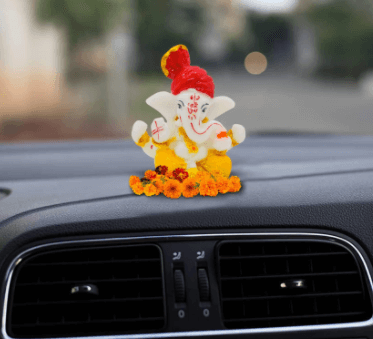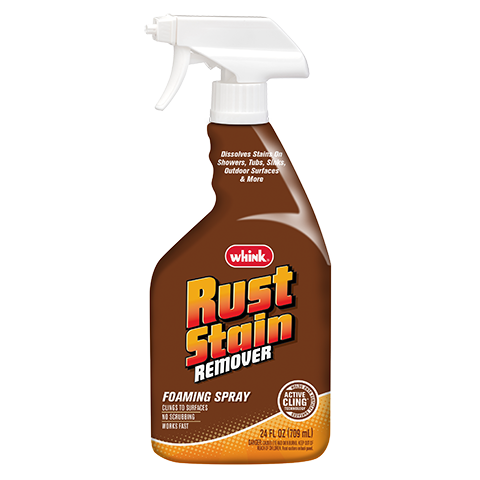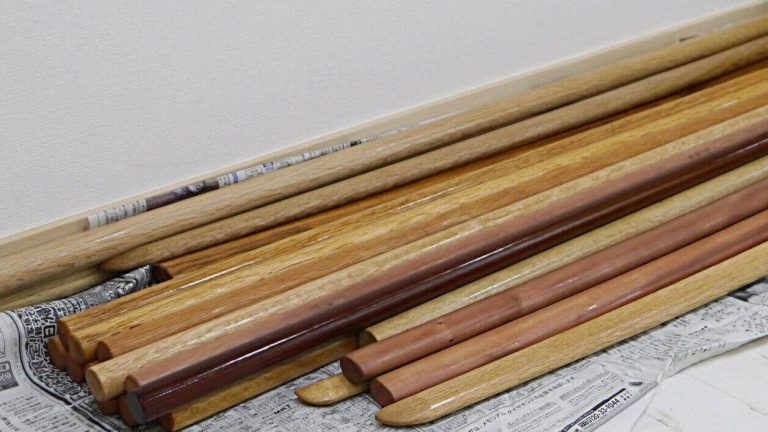The Insider’s Guide to Selling Your Car to a Dealer
Selling your car can be a daunting process. From reaching potential buyers to the dreaded negotiations, it can often feel like an uphill battle. However, there is a lesser-known path to the sale of your vehicle — selling to a dealer. This approach cuts out much of the legwork associated with private sales and can offer a more streamlined experience. In this comprehensive guide, we will walk you through everything you need to know about selling your car to a dealer, aiming to maximize the value you receive and minimize the hassle of the entire endeavor.
Understanding the Dealer’s Perspective
Before you set foot on the dealer’s lot, it’s essential to understand their motivations and considerations. Dealers operate within a highly competitive market where they need to balance the inventory they have on hand with the demand from their customers. Your car, depending on its age, make, model, and condition, can be an attractive proposition for a dealer looking to maintain a well-rounded selection of vehicles for sale.
Dealers will primarily focus on these aspects:
Market Demand: Dealers are constantly monitoring trends and customer preferences. A car that aligns with popular demand will be more attractive to a dealer.
Resale Potential: Beyond the immediate purchase, dealers will assess how well your car will sell, often considering the known resale value and market predictions.
Condition: Your car’s current state plays a significant role in its resale potential. A well-maintained car will typically fetch a higher price.
Understanding these dealer priorities will help you tailor your approach to the sale, making it more compelling for them to purchase.
Preparing Your Car
Preparation is key to securing the best deal from a dealer. A car in good condition, with a clean title and a comprehensive maintenance history, will stand out among the crowd. Here are the essential steps to get your vehicle ready to sell:
Cleaning and Detailing: A clean car presents well and suggests it has been cared for. Consider professional detailing for an extra shine that can boost your car’s appeal.
Mechanical Inspection: An inspection by a trusted mechanic can identify and address any major issues. Resolving these can increase your car’s value and make for a smoother transaction.
Gathering Documentation: Have all relevant paperwork in order, including the title, service records, and any warranty documents.
By ensuring that your car is in the best condition and that you can provide evidence of its care, you will greatly increase your chances of securing a good price from the dealer.
Researching Your Car’s Value
Knowledge is power, especially when it comes to negotiation. Researching the market value of your car gives you a starting point and a realistic expectation. Multiple online tools can provide you with an estimate, taking into account the year, make, model, mileage, and condition. Use these resources to set a minimum price that you’re willing to accept, based on the actual market value in your area.
Keep in mind that the dealer will also factor in their own costs, such as potential repairs and marketing, so be prepared for some negotiation around the final offer.
Approaching Dealers
Once your car is ready, it’s time to get in touch with dealers. Start by making a list of local dealerships that specialize in your car’s make or that you’ve had positive experiences with in the past. You can contact them by phone or email, informing them about your vehicle and setting up appointments for appraisals.
A word of advice:
Be Prepared: When you visit dealerships, expect to answer questions about your car’s history and to have it inspected on the spot. Professionalism and preparedness on your end can speed up the process.
Be Realistic: Dealers need to make a profit, so the price you’re quoted might be slightly lower than the market value. That said, don’t be afraid to walk away if you feel the offer doesn’t reflect your car’s worth.
By taking the initiative and approaching dealerships, you control the process and can compare multiple offers to ensure you get the best deal.
Negotiating the Sale
Negotiations with a dealer will likely be less adversarial than those with a private buyer. They respect informed sellers who understand their car’s worth. Here’s how you can approach this stage:
Be Assertive: If you have documentation supporting your car’s value, use it to support your asking price.
Be Open: Dealers might have to consider factors you hadn’t, such as local market conditions. Be open to these points and willing to adjust your expectations.
Be Ready to Close: If you receive an offer in line with your research, be ready to close the deal. Dealers often prefer to strike while the iron is hot, and you could lose out on a good deal by hesitating.
A successful negotiation ends with both parties feeling satisfied with the outcome. Be respectful but firm and ready to walk away if you don’t believe you’re getting a fair deal.
Signing the Papers
Congratulations, you’ve agreed on a price! Now, it’s time to finalize the sale. The dealer will prepare the necessary paperwork, including the bill of sale, transferring the title, and any additional contracts or warranties you may have agreed upon.
During this stage:
Review the Documents: Take the time to read through the paperwork and make sure it aligns with what you’ve agreed to.
Be Clear on Payoff: If there’s an outstanding loan on the car, ensure that the dealer handles the payoff to avoid complications down the line.
By being thorough with the paperwork, you can ensure a smooth transition and walk away with the agreed-upon amount.
Post-Sale Considerations
Selling to a dealer is typically a one-day affair. However, there are some additional considerations to keep in mind:
Cancel Insurance: You’ll want to contact your auto insurance provider to cancel your policy now that you no longer own the car.
Resolve Outstanding Issues: Double-check that any registration or emissions testing issues are resolved. You don’t want any lingering responsibilities for a car you no longer own.
Use Your Knowledge: The experience you’ve gained can be valuable for future sales or purchases. Take note of what worked well and what you might do differently next time.
Selling your car (sælg bil) to a dealer can be a positive experience that’s both efficient and financially rewarding. By understanding the dealer’s perspective, adequately preparing your car, and approaching the sale with knowledge and confidence, you’ll be best equipped to maximize your value and minimize the hassles. With these insights, you’re ready to take control of the process and secure a great outcome for your sale. Good luck with your car-selling adventure!
Visit Also: https://hdintranet.co.uk/https-letsbuildup-org/







